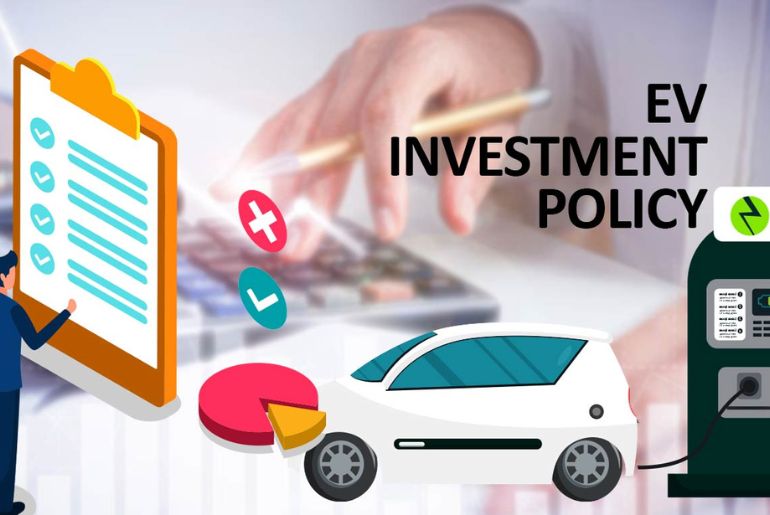The Ministry of Heavy Industries has invited Tesla CEO Elon Musk and other significant local and international EV players to a high-level stakeholder engagement, ahead of US President-elect Donald Trump’s swearing-in on January 20.
The purpose of the meeting is to finalize the rules for the EV policy, also known as the Scheme to Promote Manufacturing of Electric Passenger Cars in India (SPMEPCI). Due to the general elections, the second round of guidelines consultations was postponed by approximately eight months.
The EV policy, which was unveiled in March 2024, aims to increase domestic production capacity and draw in foreign automakers. The program requires large investments in local supply chains and manufacturing while offering incentives to EV manufacturers to set up production facilities in India.
Domestic value addition (DVA) will be evaluated in accordance with the production-linked incentive program for cars and auto parts (PLI-Auto) under the proposed rules. Research & development expenses and the construction of EV charging infrastructure will be considered acceptable investments under the program.
Reactions to the suggested plan have been conflicting. Global automakers as VinFast and Tesla have expressed reservations about specific criteria, despite the fact that it provides substantial incentives. These businesses raised concerns about the DVA calculation process and the exclusion of pre-existing investments from qualifying requirements during the initial consultations in April 2024. The Asia Group (TAG) India, Tesla’s advisor at the time, had voiced concerns about the company’s ability to reach DVA targets within the allotted period. Similar to this, VinFast of Vietnam, which is investing $500 million to develop an EV facility in Tamil Nadu, has maintained that incentives should be granted for pre-existing expenses.
According to sources, the government revised the standards in response to these problems, expanding the range of permissible expenditures to include the creation of charging infrastructure and research and development. There are rumors that, with some restrictions, retroactive investments would also be permitted. Given its past relationship with India, people are keeping an eye on Tesla’s possible reengagement.
Global giants in EVs, such as Tesla, Hyundai, BMW, Mercedes-Benz, Kia, Toyota, and Renault-Nissan, as well as Indian automakers, such as Tata Motors, Maruti Suzuki, and Mahindra & Mahindra, are anticipated to participate in the next consultation. The initial round of talks had been attended by these players. Until it went to press, there was no response to a question about the number of participants that was sent to the Society of Indian Automobile Manufacturers (Siam) and the Ministry of Heavy Industries.

